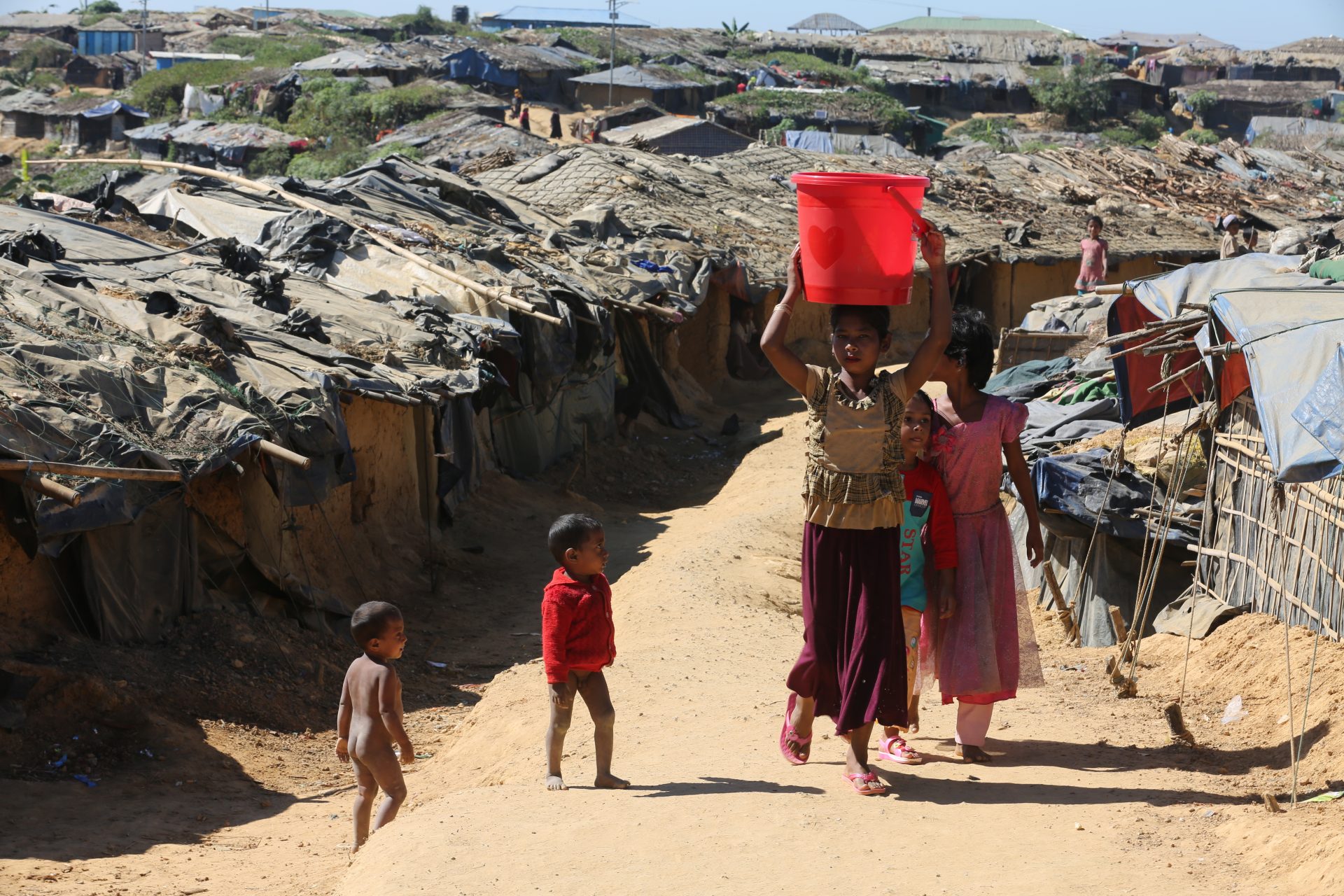Seven years since violence broke out in Myanmar, Rohingya refugees continue to live in Bangladesh’s Cox’s Bazar, where conditions are dire, and prospects of returning home are still distant.
“Unfortunately, nobody talks about Rohingya refugees anymore,” said Sultana Begum, Asia regional head of humanitarian policy for Save the Children in an interview with Vatican News.
She said the situation inside and outside the camps is deteriorating. “Living conditions in Cox’s Bazar are really squalid.”
Security concerns are high, with armed groups proliferating, leading to a rise in violence. This is particularly alarming as more than half of the refugees are children, making the Rohingya crisis a profound children’s crisis.
Rohingyas, an ethnic minority group predominantly Muslim, faced a genocide in 2017 that forced over 740,000 to flee to Bangladesh.
Despite Pope Francis frequently praying for Rohingyas, Ms. Begum pointed out that “the Rohingya crisis is a forgotten crisis” and media attention has shifted to other stories.
“Now, around 500,000 Rohingya children reside in Cox’s Bazar, showing signs of depression and anxiety,” said Ms. Begum.
Limited movement and lack of access to work and education contribute to the bleak outlook for their future. Illness, malnourishment, and poor weather conditions further exacerbate their already dire circumstances.
“Bangladesh, being a disaster-prone area, adds another layer of catastrophe to the refugee crisis,” she said. The camps, built on former forest land, face the risk of flooding and inadequate healthcare. Rohingyas, being stateless, lack legal documents, making them vulnerable to violence, child labor, human trafficking, and child marriage.
“The Rohingya refugees heavily depend on humanitarian aid for survival,” Ms. Begum continued. After food aid cuts last year, desperation led to alarming trends like increased child marriages and child labor. Many risk dangerous sea journeys in the hope of a better life, facing the mercy of traffickers and exploitation.
“Improvements by governments in the region are essential until Rohingyas can safely return to Myanmar,” Ms. Begum insisted. While acknowledging Bangladesh’s efforts, she calls for more international support, urging other countries to take responsibility and contribute humanitarian aid.
“The refugees express a desire to return home only when conditions are safe, with basic rights, citizenship, and access to services,” said Ms. Begum.
She calls on the international community to provide extra support to this vulnerable population, emphasizing the importance of Pope Francis and the Church’s voices to keep the Rohingya crisis in the spotlight and apply pressure on world leaders to find a political solution.







